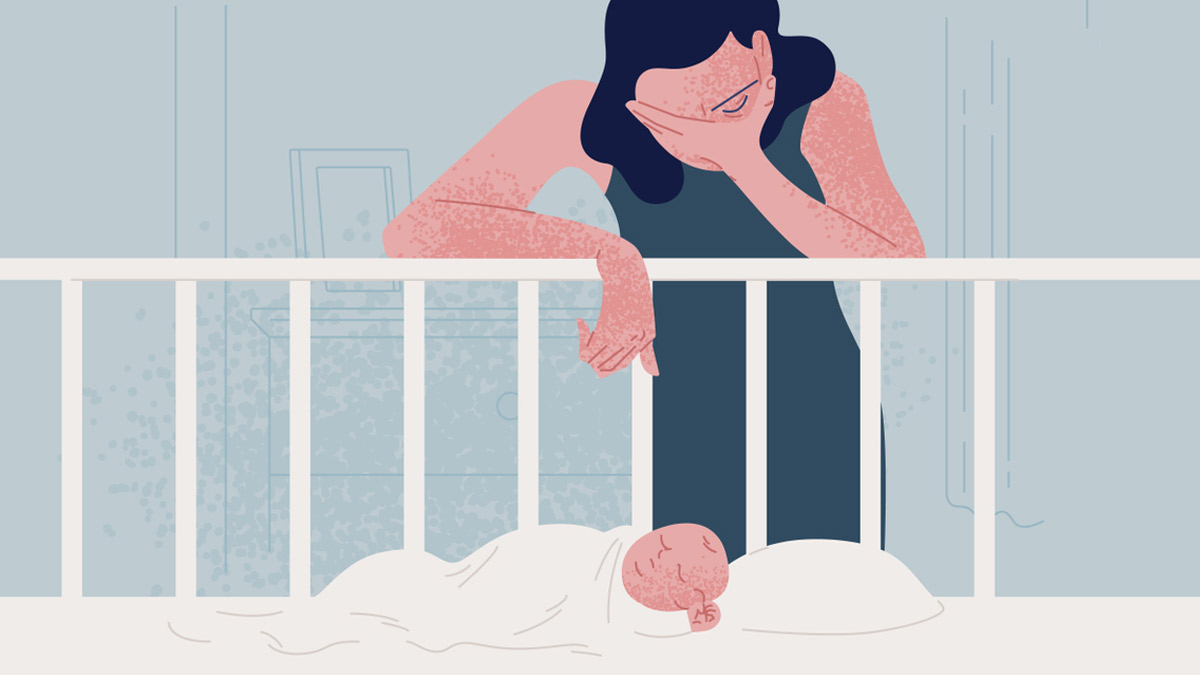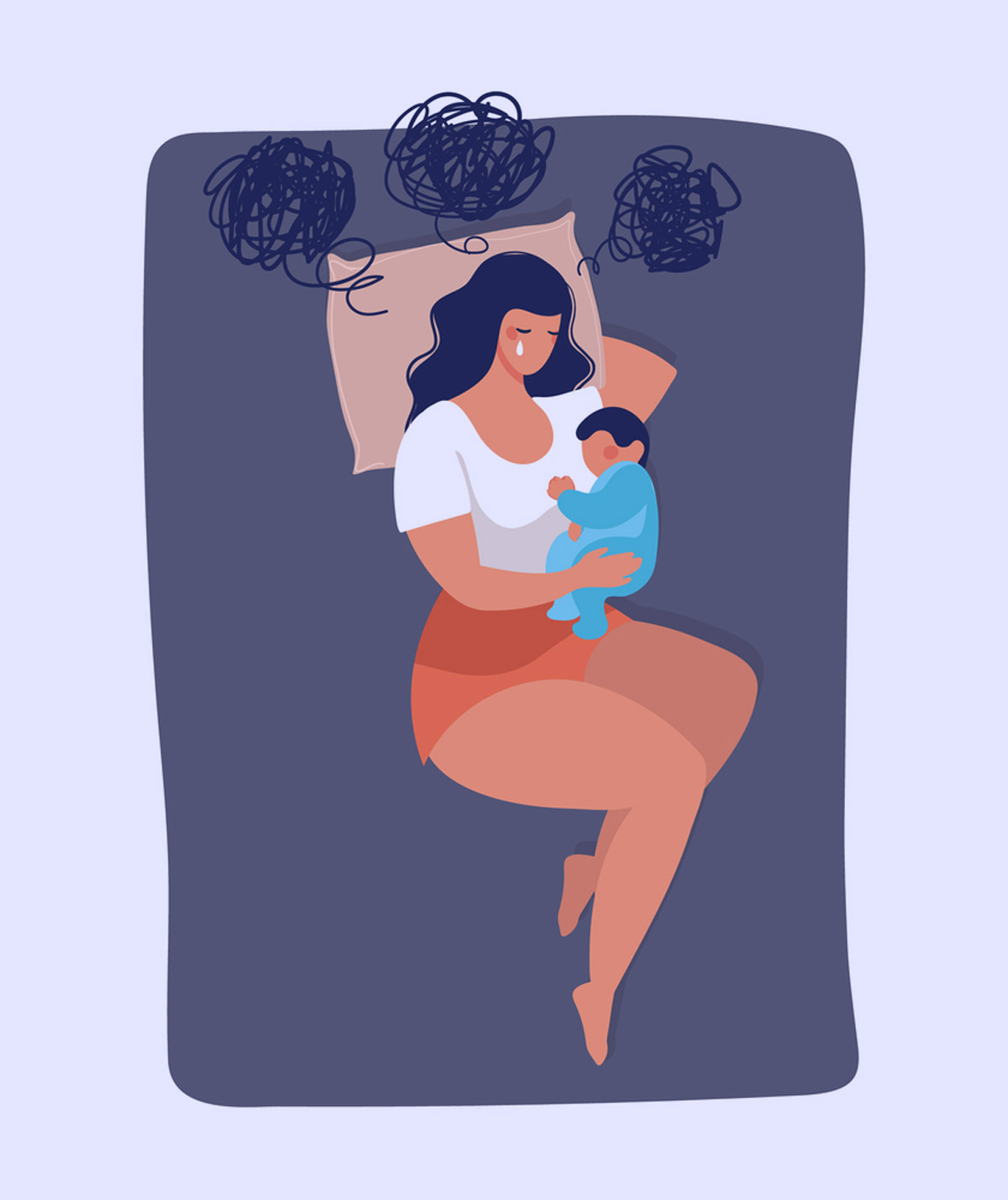
New mothers experience multiple health conditions after childbirth. Fatigue, pain, discomfort, uterine contractions, incontinence and depression are some common postpartum issues a woman undergoes after delivery. While the physical conditions are paid heed to, the new mother's mental well-being is often overlooked. A woman's mental health gets most affected after giving birth to a child. New mothers often undergo severe depression and anxiety. If not addressed at the right time, these conditions can harm the woman in the long run. One such condition is postpartum anxiety.
For example you just came back home with your newborn, your dear ones are around, celebrating, welcoming the little one. And while everyone is enjoying the arrival of the baby, you find yourself worrying about every little thing.
When the worry is overwhelming and you are facing it all the time then you are probably going through postpartum anxiety.
We spoke to Dr. Chetna Jain, Director, Department of obstetrician-gynaecologist, at Cloudnine group of hospitals, sector 14 Gurgaon and asked if the postpartum condition was common. She said, "It affects 10 to 15 percent of women. It's more common among the educated, urban population."

Speaking of the causes of postpartum anxiety, our expert said, "It is caused by extreme tiredness, lack of sleep and constant fear of the baby's well-being."
Other causes of postpartum anxiety are -
Hormonal changes - A woman goes through hormonal changes after delivering a baby. The hormones too can contribute to the anxiety the new mother goes through.
Previous history of anxiety - If the new mother has a previous history of anxiety then there are high chance that it triggers after delivery.
Don't Miss: Kegels Pre And Post Delivery: Right Way To Do It, Benefits Explained By Expert
Dr. Jain further shared that there are some common symptoms of a woman undergoing postpartum anxiety.
The expert further added that severe anxiety can also lead to headaches, nausea and trembling. Some women suffer from specific types of postpartum anxiety like postpartum panic disorder and postpartum OCD (obsessive compulsive disorder). It remains unrecognised by many.
Don't Miss: Postpartum Hair Loss: Causes And Remedies, Expert Weighs In

The diagnosis for this postpartum condition is based on history and symptoms. However, the expert shared that there are no specific tools to diagnose the condition.
Further, we asked the expert to give us an insight into the treatment of the health condition. And she said, "The treatment is essentially psychotherapy, behaviour therapy where negative thoughts are controlled. Other treatment options include regular exercises, healthy eating, meditation and yoga, support from support groups, friends and family."
She added that certain medications are also helpful in treating this postpartum condition.
“The condition can last from days to weeks. It may come back anytime within a year of birth. New mothers can reduce the risk by seeking early help from a counselor,” concluded the expert.
Also watch this video
Herzindagi video
Our aim is to provide accurate, safe and expert verified information through our articles and social media handles. The remedies, advice and tips mentioned here are for general information only. Please consult your expert before trying any kind of health, beauty, life hacks or astrology related tips. For any feedback or complaint, contact us at [email protected].